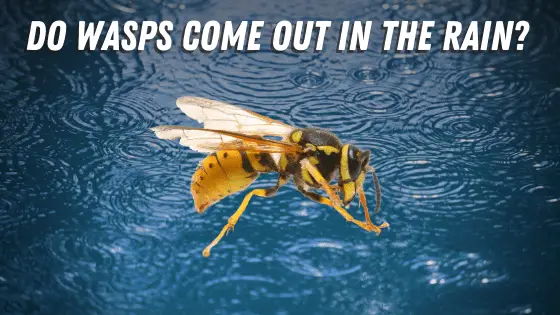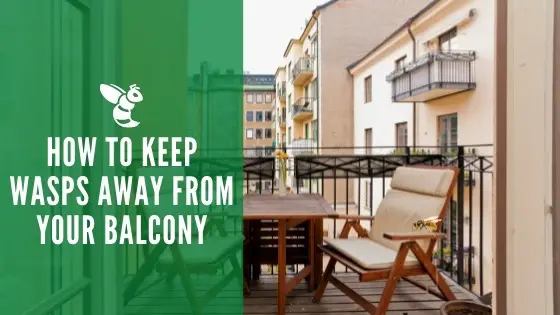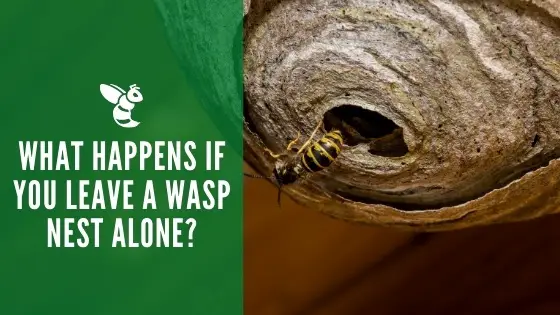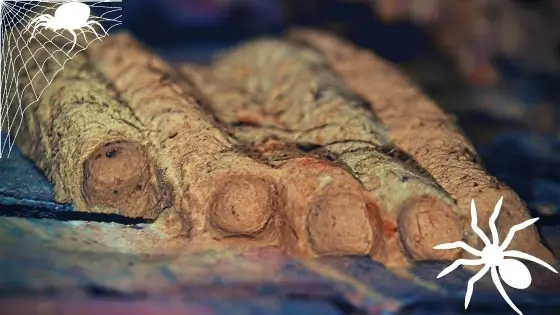Do Wasps Come Out in the Rain

Rain is a weather pattern that is incredibly important for our gardens and landscaping. Without it, we wouldn’t be able to enjoy lush green lawns. Depending on the amount of rain that’s coming down at any given moment, certain animals and insects may seek cover for the time being.
If you give it some thought, you probably haven’t seen many insects buzzing around during a rainstorm. Have you ever wondered will water kill wasps? Let’s look into the effect that rain has on insects such as wasps.
Do Wasps Come Out in the Rain?
If the rain coming down is just a gentle mist, then you might see some wasps still hanging around their nests, on flowers, or near fruit trees.
When precipitation increases, they’ll get back to their nests or hide somewhere safe for the time being. Unless you’re disturbing them in their nest, they’re not going to come out while it’s raining.
Can Wasps Fly When Wet?
Rain can make wasps fly a lot slower than usual. It can cause their movements to be more confusing. Once a wasp’s wings become wet, they aren’t able to fly well. The water causes their wings to become too heavy. They can’t support their body weight in a way that allows them to fly from one space to another. They’re more likely to hide out until the rain stops, and then they’ll go where they need to be.
Do Wasps Take Water Back to the Nest?
While wasps don’t like to be out in the rain or fly in it, they use water for several different purposes. Wasps will drink water to hydrate themselves. They will also bring water back to their nest on hot days to cool the nest down. Wasps even use water to create the cellulose that is used to construct their nest.
If you have a birdbath in your yard or a small pond, you may find a wasp drinking there frequently. They’re actually very thirsty insects that will drink often. Mud dauber wasps will carry balls of mud to their nest. Obviously, water is necessary for this process.
What Happens to Wasp Nests in the Rain?
Wasps generally try to build their nests in an area where rain cannot get to it. It might be located under the eaves of your house where rain cannot access it unless it’s a very windy day. Even if the air outside in the summer is very humid, this can disrupt the wasps’ natural processes in their natural habitat.
Humidity can also make wasps much more aggressive than they would normally be. They can have trouble finding food when it’s humid, and they may start to take their frustration out on humans that they come across in their search for their next meal. If the nest itself becomes very soaked with rain, the different cell structures may break down.
You’re essentially dealing with a nest made of paper material. If you were to get a sheet of paper wet enough, it would begin to break down and fall apart. The same goes for a wasp nest.
Ground Wasps (Yellow Jackets) Nests and Rain
Not all rainy days make for a bad situation for wasps. When heavy rain comes through, it can cause the nectar from certain flowers to run down the plant’s stem. Wasps will quickly gather in these areas to lap up the sweet nectar. However, you won’t see them doing this until the rain has stopped completely.
When it comes to their nests, ground wasps will leave their home if it becomes flooded or saturated with rainwater-because of this, watering your lawn frequently can often keep wasps at bay.
They prefer dry soil where they can remain safe. Yellowjackets also avoid rain, and they will often try to make their way indoors if they’re feeling threatened by the outside elements.
Wasps want their nest to be away from the outside elements as much as possible. They’re not going to thrive if their nest is located where it can become quickly saturated every time it rains. If you’re trying to get rid of wasps in your yard, water may be an effective strategy.
If the wasps become wet, they’re going to get out of the nest and try to fly away. If they’re wet enough, they may be too clumsy to sting you. You can utilize this time to remove and destroy their nest. Just use caution with this process.
You can never be completely sure how wet the inside of the nest has gotten. There may still be some dry and angry wasps inside the nest that are getting ready to attack you.




